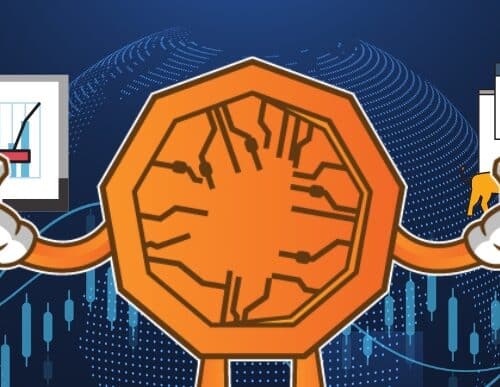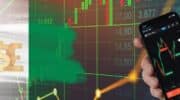- Home
- Education News
- An Overview of Forex Trading – Explained!
An Overview of Forex Trading – Explained!

Forex is a counterword for foreign currency exchange. Foreign exchange can be defined as the process of changing one country’s currency into another country currency for various reasons, for business, exchanging, or the travel industry. The foreign exchange market is where currencies are exchanged. Currencies are essential to many people around the world, regardless they understand it or not, considering currencies should be traded to conduct business and foreign trade.
Features of Forex Trading
- One of the essential aspects of the global market is that there is no central market place for foreign trade. Besides, currency exchange is carried out electronically OTC (over-the-counter), which implies that all transactions happen to utilize computer networks between traders throughout the world, instead of one centralized exchange.
- Moreover, the market is open 24 hours per day, five and a half days in a week, and currencies are exchanged worldwide in major financial centers of London, Tokyo, New York, Zurich, Hong Kong, Singapore, Frankfurt, Sydney and Paris across over every time zone.
- There are three different ways that companies, institutions, and people exchange in forex: the spot markets, the futures market, and the forward’s markets. The forex exchanging is done through the spot market, which is the biggest since it is the useful primary resource that the future and forward markets depend upon.
- Furthermore, when individuals refer to the forex market, they relate to the spot market. However, the Future and forward markets, in general, be well known with organizations that need to support their foreign exchange risks out to a particular date at a later date.
- To be more specific, the spot market is the place where currencies are purchased and sold as per the present price. Moreover, this price is fixed by demand and supply and is controlled by few things which include current interest rates, financial performance, progressing political circumstances both locally and globally, and perception of future performance of one currency compared with another.
- As compared to the spot market, the future and forward markets do not exchange real currencies. Instead, they deal with contracts that represent claims to a specific type of currency, a particular cost for each unit, and a future date for repayment.
Forex is a way to combat Hedge currency risk
Organizations carrying out business in abroad are in danger because of fluctuations in currency values when they purchase or sell services and goods outside their domestic market. Moreover, foreign exchange markets give an approach to hedge risk of currency by fixing a rate at which the exchange will be completed.
Forex as Trading
Some of the factors like trade flows, interest rates, the travel industry, economic performance, and geopolitical risks influence supply and demand for currencies, which creates instability in the forex markets. Moreover, the opportunity exists to benefit from changes that may increase or decrease currency value when contrasted with another.
Risks of Forex Trading
Exchanging currencies can be dangerous and complicated. Moreover, the interbank market has changing degrees of regulation, and forex instruments are not standardized. Besides, in certain parts of the world, forex exchanging is unregulated.
Advantages and disadvantages of Forex Trading
Advantages
- The foreign exchange markets are the biggest in exchanging volume in the world, and in this way, offer more liquidity. This makes it simple to enter and leave a situation in any of the significant currencies with a fraction of a second for a little spread in most economic conditions.
- The forex market is exchanged 24 hours every day, five days a week, beginning every day in Australia and concluding in New York. Some of the major centers are Hong Kong, Sydney, Tokyo, Singapore, Paris Frankfurt, Newyork, and London.
Disadvantages
- Banks, dealers, and brokers in the forex markets permit a high measure of leverage, which implies that traders can control enormous positions with generally minimal money of their own. Moreover, leverage in the scope of 100:1 is a high proportion yet typical in forex. A trader must comprehend the utilization of leverage and the dangers that leverage presents in an account. Extraordinary measures of leverage have prompted dealers getting to be insolvent.
- Besides, exchanging currencies requires an understanding of financial basics and indicators. A Trader needs a significant picture in understanding the economies of the different nations and their interrelation to embrace the fundamentals that drive the value of the currency.





